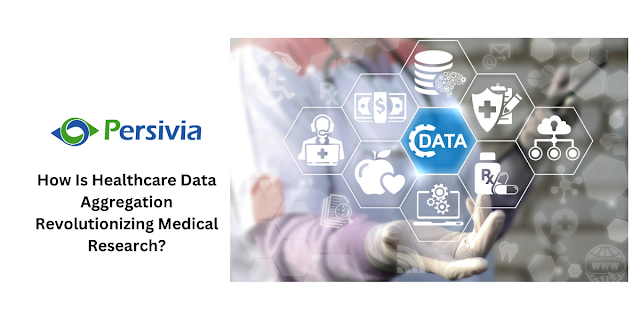From Reactive to Proactive: The Shift in Care Management towards Predictive Analytics
In today's healthcare landscape, there is a mounting call for more effectual and proficient patient Care Management. With an aging populace and the escalating occurrence of chronic ailments, the demand for healthcare services is rising at an unprecedented rate. As a result, healthcare providers are looking for innovative ways to manage patient care and ensure that patients receive the right care at the right time and place. One of the most encouraging developments in this vicinity is the integration of the Care Management Platform. Before moving forward, let’s talk about – What Is Care Management?
What Is Care Management? – Streamlining Health Services for Complex Patients
Care Management refers to the orchestration of healthcare services and resources for patients with complex medical requirements. The objective is to optimize patient outcomes while mitigating healthcare costs through efficient utilization of available resources.
The Power of a Care Management Platform: Automating and Optimizing Patient Care
A Care Management Platform is a technology-driven solution that streamlines and automates various aspects of care management. These platforms bolster healthcare through real-time data analysis and provide recommendations to care managers. Predictive analytics serves as a crucial component of these platforms, enabling proactive care management.
Predictive Analytics: Driving Proactive Care Management
Predictive analytics has revolutionized care management by allowing healthcare providers to adopt a proactive approach. The analysis of vast patient data sets enables the identification of potential health hazards and recommends timely interventions to prevent their progression.
This approach has several advantages, including;
Improving Patient Outcomes through Early Intervention – Assists care providers in the early identification of health hazards, enabling prompt interventions that lead to improved patient outcomes and overall health.
Enhancing Care Coordination with Real-Time Insights – Provides real-time insights and recommendations to care managers, fostering efficient care coordination and reducing the risk of medical errors.
Reducing Healthcare Costs through Preventive Measures – Identifies patients at risk of developing costly medical conditions, allowing for early interventions that prevent the progression of severe and expensive conditions. This leads to reduced healthcare costs for patients and providers alike.
Conclusion
The integration of the Care Management Platform is transforming the healthcare industry. Adopting a proactive approach to care management through predictive analytics has led to improved patient outcomes, enhanced care coordination, and decreased healthcare costs. As technology continues to advance, the utilization of such a healthcare approach is expected to become increasingly ubiquitous.
.png)



Comments
Post a Comment